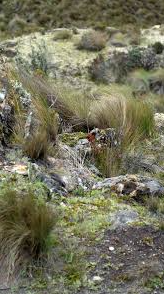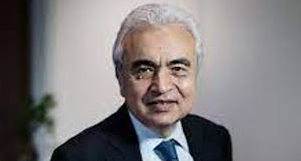
Archaeological investigation aims to uncover relics and memories from the 1982 conflict
Veterans who fought in the 1982 Falklands War have returned to the islands to participate in the first-ever comprehensive archaeological survey of the battlefields. Collaborating with archaeologists and researchers, the veterans are part of the Falklands War Mapping Project, an initiative combining historical investigation with therapy for trauma.
The project is a partnership involving the University of Oxford, the University of Glasgow, the Falkland Islands Museum and National Trust, and Waterloo Uncovered, a charity that uses archaeology as a therapeutic tool for those affected by conflict. Two British Army veterans—referred to as Jim and John—who fought in the Battle of Mount Tumbledown, are joining the team to explore the physical landscape and trace the remnants of the war.
John is visiting the Falklands for the first time since the war 40 years ago, while Jim has returned to the islands on five separate occasions. Mark Evans, CEO of Waterloo Uncovered, expressed pride in the project, saying: “Forty years after the conflict, seven years after Waterloo Uncovered started helping veterans through archaeology, we are proud and excited to be visiting the Falklands.” Evans added that the trip aims to help veterans process their experiences while documenting the physical traces of 1982 before they disappear.
The research is being led by Dr Timothy Clack (University of Oxford) and Professor Tony Pollard (University of Glasgow). Professor Pollard described the inclusion of veterans as “a huge privilege,” emphasising the unique link this creates between historical events and present-day experiences. He noted: “This direct link between the past and the present is a unique development in conflict archaeology.”
The project aims to map and assess the remains of the Falklands War, including objects, aircraft wrecks, makeshift fortifications, and shell holes. Professor Pollard warned of the “urgency” of this work, given the threats from natural decay, development, and environmental change.
Dr Clack highlighted the importance of working alongside veterans, noting: “Working with veterans is a privilege enabling us to assess the potential of using their testimony to illuminate remains.” While initial focus will be on the Mount Tumbledown battlefield, the long-term goal is to survey additional sites from the 1982 conflict.
Dr Clack added: “This project represents a rare opportunity to explore not only the material record of a war still in living memory but also how this serves to configure recollections, meanings, and identities over the long term.”
The study will examine how physical relics evoke memories and shape emotional states, offering insights into how societies recall and preserve the legacies of conflict. Ultimately, the research seeks to deepen understanding of the cultural heritage of war and address questions of memory, identity, and the ongoing preservation of these historical sites.


















Comments
Hello world!
Pic of the week: Sunset at margate beach
The first day’s journey was through the pink fields
The first day’s journey was through the pink fields
The first day’s journey was through the pink fields